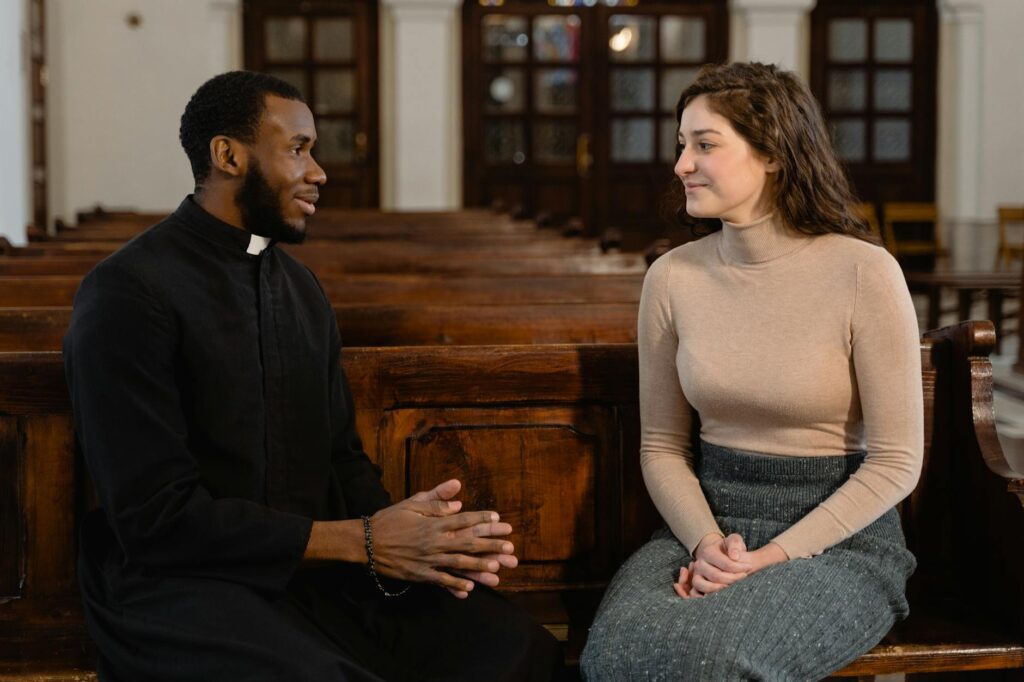What Does Jesus Say About Muslims? Christian Teachings and Interfaith Understanding

Christianity and Islam are two of the world’s largest religions. Their stories have crossed for over a thousand years. Jesus, whose teachings are found in the New Testament, lived centuries before Islam began. Because of that, questions often come up about what Jesus said about Muslims—or what his words could mean for Christian-Muslim relationships. This article explores what Jesus taught that Christians today can use to guide how they relate to their Muslim neighbors.
Did Jesus Directly Mention Muslims?
Jesus lived more than 600 years before Islam appeared and long before the Arabic word “Muslim” existed. The New Testament, which records Jesus’ teachings, does not mention Muslims. Islam started in the 7th century in Arabia, well after Jesus’ time. This historical gap explains why there are no direct references to Muslims in Jesus’ teachings. Sometimes people mix up later Christian-Muslim interactions with the life of Jesus, but the historical record shows he never directly addressed Islam or its followers.
Jesus’ Teachings on Others and Inclusivity
Jesus spoke often about how people should treat each other, regardless of religion or background. He taught that the most important commandments are to love God and to love your neighbor as yourself. When someone asked who counts as a “neighbor,” Jesus replied with the story of the Good Samaritan (Luke 10:25-37). In that story, the true neighbor was a person from a community seen as an outsider or even an enemy.
These teachings root Christian relationships in love, compassion, and inclusion, not exclusion. For more on how Jesus reached out to those of other faiths, see this article about Jesus’ surprising interactions with other religions.
Christian-Muslim Dialogue Rooted in Jesus’ Words
Many Christians turn to Jesus’ words when starting conversations with Muslims. His command to “love your enemies” and to show mercy is often at the center of these dialogues. Christian scholars and peacemakers have used his teachings to build understanding and respect, not just tolerance. Throughout history, Christian leaders have cited Jesus’ principles in working for peace with Muslim communities. For a perspective on Jesus’ likely message to Muslims, see this reflection: What Jesus Would Say to a Muslim.
Common practices in these dialogues include:
- Sharing meals or holidays
- Community service projects
- Open forums for asking questions
- Reading and discussing sacred texts together
All these activities find their foundation in the call to love and serve one another.
Common Ground: Jesus in Islam
Jesus is important in Islam, too. In the Quran, Jesus (known as Isa) is called a prophet and the Messiah. Muslims believe Jesus was born to Mary through a miracle and performed many wonders. While Christians and Muslims have different beliefs about who Jesus is, both faiths give him a place of honor. For more information on how Christians and Muslims view Jesus, visit this article on Christians, Muslims and… Jesus.
This shared reverence helps many people find common ground and mutual respect.
Conclusion
Jesus did not mention Muslims directly, because Islam began long after he lived. Still, his teachings about love, compassion, and treating others with kindness guide how Christians approach people of all backgrounds. Building respect, seeking understanding, and acting with love are core ways to follow Jesus’ example in relationships with Muslims. These timeless messages offer a strong foundation for positive, peaceful interfaith engagement today. Heaven in muslims concept
